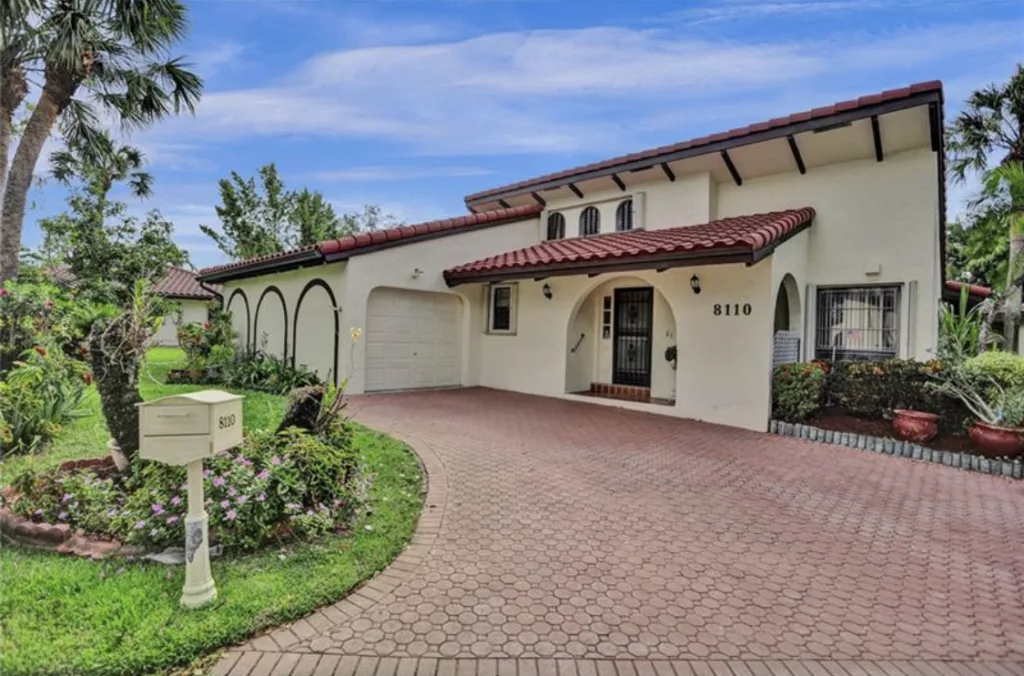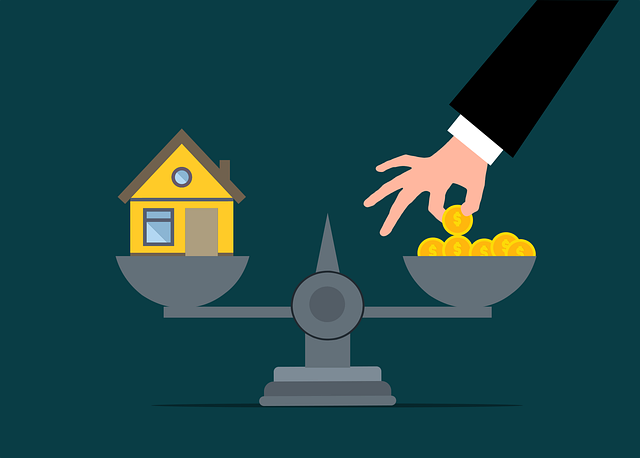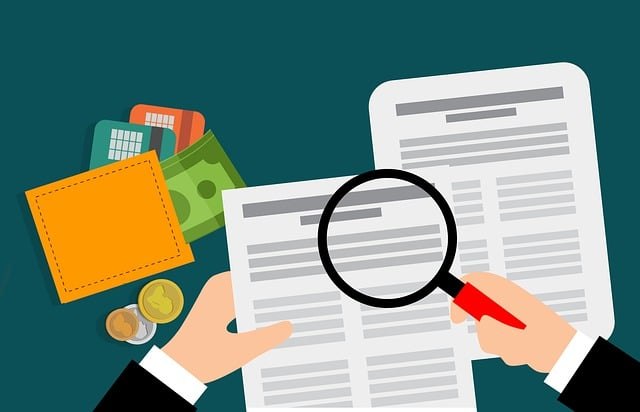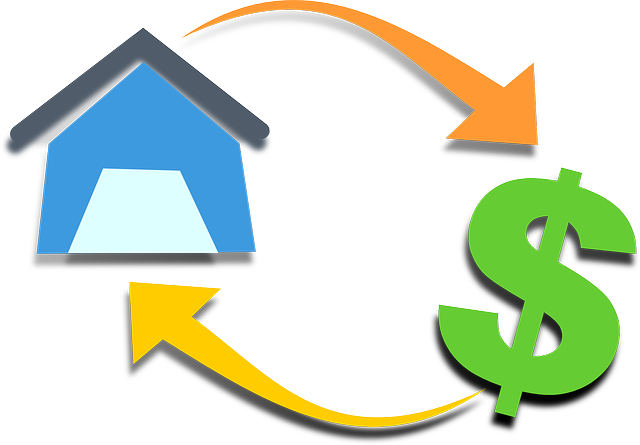Is Now a Good Time to Buy a Home with Rising Interest Rates?
Interest rates have been steadily increasing since the beginning of 2023.
This has had a noticeable effect on the real estate market, with many buyers and sellers feeling uncertain about how to navigate their property investments in this shifting landscape.
The current interest rate is at an all-time high, meaning that lenders are likely to charge more when providing mortgages and other types of loans to borrowers.
This could lead to more expensive mortgages and other higher loan costs, putting a strain on potential buyers.
At the same time, rising interest rates could create an ideal environment for sellers.
With fewer buyers looking to purchase property due to higher loan costs, those who are able to afford the higher prices may be willing to pay even more for premium properties.
In this article, we will delve into the effects of increasing interest rates on the 2023 real estate market, and discuss the implications for buyers, sellers, and investors.
- Related Reading:
- 11 Best Apps That Pay You Real Money in 2023
- Download our free E-book today and start learning how to create wealth for yourself!
- If Are you struggling with low energy try Liv Pure today and see the difference for yourself.
What Causes Interest Rates to Rise?

Interest rates are influenced by a range of economic factors, including inflation, growth, monetary policy, and global events.
Typically, interest rates increase during periods of economic expansion, high inflation, and strong credit demand.
Conversely, interest rates decrease when the economy contracts, inflation is low, and credit supply is ample.
Understanding the dynamics of interest rates is crucial for navigating the financial landscape.
In 2023, one of the key factors influencing interest rates is the Federal Reserve’s policy of increasing the federal funds rate.
This rate represents the interest that banks charge each other for short-term loans.
By adjusting this rate, the Fed aims to manage inflation and impact economic activity.
Since March 2022, the Fed has raised the federal funds rate 11 times, from near zero to 5.5%, in an effort to address inflation and support a strong recovery from the pandemic-induced recession.
The actions of the Federal Reserve have a significant impact on various interest rates in the economy.
This includes the prime rate, which is the rate banks charge their most creditworthy customers; the Treasury yield, which is the rate the government pays on its debt; and the mortgage rate, which is the rate lenders charge for home loans.
These rates play a crucial role in determining the cost and availability of credit for consumers and businesses, as well as the returns and risks associated with different investments.
- Related Reading:
- The Ultimate Guide to Selling Feet Pics
- The Ultimate Guide to Investing for Retirement
- 15 Things Rich People Never Waste Their Money On
How Do Rising Interest Rates Affect Home Prices?

Home prices are influenced by various factors, including supply and demand, income levels, demographics, location, amenities, and expectations.
However, one of the most crucial factors that significantly impact homeownership is interest rates.
These rates play a vital role in determining the affordability and desirability of owning a home.
Rising interest rates can increase the cost of homeownership.
When interest rates rise, housing costs and the monthly payments for a given loan amount also increase.
For instance, a $300,000 mortgage with a 4% interest rate would have a monthly payment of $1,432.
However, with a 6% interest rate, the same loan would require a monthly payment of $1,792.
This means that potential buyers may need higher incomes or larger down payments to qualify for the same loan amount.
They may also consider smaller or more affordable homes to ensure manageable payments.
Rising interest rates can make homeownership less appealing as they can diminish the potential capital gains from owning a home.
In times of low-interest rates, buyers are often willing to pay higher prices for homes, anticipating that home values will appreciate at a faster rate than interest costs.
Conversely, in times of high-interest rates, buyers tend to be more cautious about paying high prices for homes, as they expect home values to appreciate slower than interest costs.
Consequently, this decrease in demand for homes can exert downward pressure on home prices.
The relationship between interest rate hikes, rates, and home prices is complex and influenced by various factors.
These factors include the speed and magnitude of interest rate changes, buyer sensitivity to interest rate fluctuations, supply elasticity, and expectation formation.
Although the relationship is not constant, it is generally observed that rising interest rates have a short-term negative impact on existing home sales prices but a long-term positive impact.
Understanding these dynamics can help individuals make informed decisions in the real estate market.
Rising interest rates can have a short-term impact on home prices.
When mortgage rates go up, affordability and attractiveness for buyers may decline, leading to a decrease in home prices.
This can create a negative cycle where lower prices discourage sellers from listing their homes, resulting in lower inventory and reduced buyer options and satisfaction.
As a result, sales volume, market liquidity, and confidence may decrease.
Lower confidence then leads to lower expectations and demand.
This temporary oversupply of homes relative to demand can cause a downward adjustment in home prices.
- Related Reading:
- Can I Sell My House If It Is in Foreclosure?
- The Ultimate Guide to Passive Income
- 50 Powerful AI Prompts for Any Subject Category or Niche
Rising interest rates can lead to an increase in home prices over the long term.
This is because they are indicative of a robust economy and high inflation.
A strong economy translates to higher incomes and greater wealth, resulting in increased purchasing power and willingness to invest in homes.
Additionally, high inflation drives up the costs of living and renting, creating an incentive for consumers to own homes as a hedge against inflation.
A positive feedback loop can be created, as higher prices motivate sellers to list their homes, leading to increased housing inventory and buyer satisfaction.
This higher sales volume enhances market liquidity and confidence, ultimately raising expectations and demand.
Consequently, there may be a temporary undersupply of homes compared to demand, resulting in an upward adjustment of home prices.
This cyclical process drives the real estate market, benefiting both buyers and sellers.
How Do Rising Interest Rates Affect Real Estate Investors?

Rising interest rates can impact real estate investors in various ways, depending on their investment strategy, leverage, risk tolerance, and time horizon.
It is important to understand that these fluctuations can bring both advantages and disadvantages to real estate investors.
Stay informed and adapt your approach accordingly to navigate the effects of rising interest rates on your real estate investments.
Rising interest rates have a positive impact on real estate investors who own income-producing properties like apartments, office buildings, retail centers, and industrial warehouses.
These properties generate rental income that can be adjusted to reflect market conditions and inflation.
As interest rates increase, so do rents, as tenants are willing to pay more for space when their incomes and businesses are growing.
Higher rents result in higher cash flows and returns for property owners.
- Related Reading:
- How does inflation affect your income
Explore the benefits of rising interest rates on real estate investments!

Rising interest rates can have a negative impact on real estate investors who rely on debt financing.
Debt financing is a common practice in real estate investing, as it allows investors to leverage their capital and maximize their returns.
However, it also exposes investors to interest rate risk.
Higher interest rates mean increased borrowing costs and lower cash flows for property owners.
It’s important for real estate investors to be aware of these risks and consider them when making investment decisions.
One of the negative impacts of increasing interest rates is the potential decrease in the value and liquidity of real estate investments.
As mentioned earlier, rising interest rates often lead to short-term declines in home prices, which can impact the resale value of properties.
Additionally, higher interest rates may reduce the demand and liquidity of properties, as they make real estate investments less appealing compared to other options offering higher returns and lower risks.
This lower demand and liquidity can result in longer holding periods and increased transaction costs for property owners. Invest in real estate with caution to navigate these effects.
- Related Reading:
- How Rakuten Can Make You Rich
- Airbnb Collapse: Could It Trigger a Housing Market Crash?
Is Now a Good Time to Buy a Home with Rising Interest Rates?

Deciding whether or not to buy a home amidst rising interest and rising mortgage rates depends on your personal situation.
If you’re financially ready and confident in your ability to handle monthly mortgage payments, now might be an opportune time to make a purchase.
However, if you’re undecided, it might be wise to wait and observe market trends before making a decision.
Consider your circumstances carefully and consult with experts to make the best choice for you.
- Related Reading:
- How to Start Investing (for Beginners)
- IRA and Simple 401(k) For Self-Employed Individuals
How to Navigate the Real Estate Market in 2023

With the real estate market in 2023 being influenced by the intricate and ever-changing impact of rising interest rates, it’s crucial for buyers, sellers, and investors to navigate the housing market more effectively.
Here are some valuable tips and strategies for each group to make informed decisions and maximize their opportunities.
If you’re planning to buy a home in 2023, it’s important to be prepared for higher mortgage rates and lower affordability.
Stay flexible and realistic about your budget, preferences, and expectations.
While searching for a home that fits your needs and finances, you may need to compromise on certain features or locations.
Be sure to shop around for the best mortgage deal and secure your rate early to avoid potential increases.
Additionally, consider the long-term benefits of homeownership, such as tax deductions, equity accumulation, protection against inflation, and personal satisfaction.
If you’re planning to sell your home in 2023, it’s important to understand the current lower housing demand and prices in the short term.
To maximize your chances of success, take a proactive and strategic approach to pricing, marketing, and timing.
Ensure that your home is competitively priced by considering comparable sales and market conditions.
Effectively market your property by highlighting its unique features, benefits, and value proposition.
Additionally, take advantage of seasonal patterns, local events, or favorable market trends to time your sale wisely.
By being aware of these factors and implementing a well-rounded strategy, you can optimize your home sale for success in 2023.
If you’re planning to invest in real estate in 2023, it’s crucial to exercise caution and carefully assess opportunities and risks.
Diversify and optimize your portfolio based on your goals, resources, and risk tolerance.
Seek properties with high-income potential, low debt exposure, and strong appreciation prospects.
Ensure a well-balanced portfolio with various property types, locations, and financing options. Continuously monitor performance and adjust strategies accordingly.
Make informed real estate investment decisions for long-term success.
- Related Reading:
- Strategies for Becoming a Millionaire in 5-10 Years: Tips for Building Wealth and Achieving Financial Freedom
- 11 Best Stay-at-Home Jobs for 2023: Make Money From Home
Final Thoughts
In 2023, interest rates play a crucial role in shaping real estate and housing market activity.
They have a significant impact on home prices, home sales, and investments.
It is important to comprehend the influence of interest rates on the real estate market and leverage this knowledge to make informed and profitable decisions.
Navigating the real estate market amidst rising interest rates requires vigilance, strategic planning, and adaptability.
A well-informed investor understands that these fluctuations present both challenges and opportunities.
By staying informed, thinking long-term, and adjusting strategies according to market trends, investors stand to reap substantial benefits.
Regardless of whether you’re buying, selling, or investing, remaining proactive can help mitigate risks, optimize returns, and ensure long-term success in the dynamic world of real estate.
Always consult with industry experts, conduct thorough research, and trust in your well-considered decisions.
After all, real estate is not just about property; it’s about economic resilience, foresight, and the courage to seize opportunities as they arise.
Frequently Asked Questions
Q: How can I find the best mortgage rate for my situation?
Finding the best mortgage rate for you depends on various factors, including your credit score, income, debt, down payment, loan term, and loan type.
To discover the ideal mortgage rate for your situation, it’s essential to compare offers from multiple lenders and explore different options.
Online tools like Zillow or Rocket Mortgage can provide personalized quotes and help you compare different scenarios.
Additionally, it is crucial to consider the associated fees and closing costs, as they can impact the overall cost of borrowing.
Q: How can I prepare for a potential rise in interest rates in the future?
If you’re planning to purchase a home shortly, it’s important to be prepared for the potential impact of higher interest rates and reduced affordability.
Start by saving up for a larger down payment and working on improving your credit score.
It’s also crucial to reduce your debt and budget accordingly for higher monthly payments. Consider locking in your mortgage rate as soon as possible to avoid any future increases.
For current homeowners with a variable-rate mortgage, refinancing to a fixed-rate mortgage can provide the benefits of a lower interest rate and protection against future fluctuations.
Q: How can I use real estate as an investment strategy in a rising interest rate environment?
Real estate investment can be a smart strategy in a rising interest rate environment.
However, it’s crucial to be cautious and selective about the opportunities and risks you take.
Look for properties with high-income potential, low debt exposure, and strong appreciation prospects.
Diversify and optimize your portfolio based on your goals, resources, and risk tolerance. Balance your portfolio with different property types, locations, and financing options.
Continuously monitor performance and adjust your strategy as needed. Invest wisely in real estate for long-term financial and economic growth.














